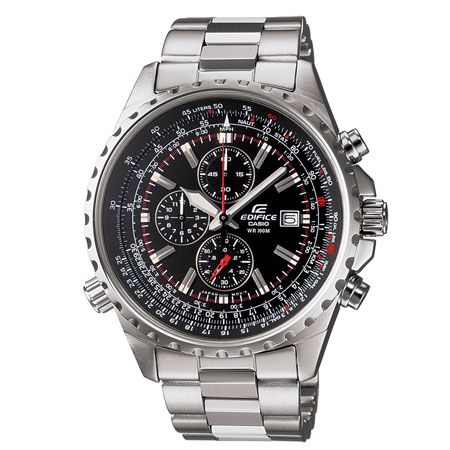
The Impact of Sustainability in the Fashion Industry
In recent years, the fashion industry has undergone a significant shift towards embracing sustainability. This shift has been fueled by a growing awareness of environmental issues and the need for ethical practices in all sectors, including fashion. The impact of sustainability in the fashion industry is far-reaching and has the potential to transform the way we produce, consume, and perceive fashion.
Reducing Environmental Footprint
One of the key aspects of sustainability in the fashion industry is reducing the environmental footprint of clothing production. Traditional fashion practices often involve high levels of water consumption, chemical usage, and carbon emissions. By embracing sustainable practices such as using organic or recycled materials, implementing eco-friendly production processes, and reducing waste, fashion brands can significantly lower their impact on the environment.
Ethical Labor Practices
Another critical area where sustainability plays a vital role in the fashion industry is in ensuring ethical labor practices. Many conventional fashion brands outsource their production to countries with lax labor laws, leading to poor working conditions and exploitation of workers. Sustainable fashion brands prioritize fair wages, safe working conditions, and overall well-being of their workers, ensuring a more ethical supply chain.
Consumer Awareness and Education
As sustainability becomes a more prominent topic in the fashion industry, consumers are becoming increasingly aware of the impact of their purchasing decisions. By educating consumers about the importance of sustainability and ethical practices in fashion, brands can empower them to make more informed choices. This shift towards conscious consumption can drive demand for sustainable fashion and encourage more brands to adopt eco-friendly practices.
Circular Economy
The concept of a circular economy is gaining traction in the fashion industry as a sustainable alternative to the traditional linear model of production and consumption. In a circular economy, products are designed to be recycled, reused, or repurposed at the end of their lifecycle, reducing waste and minimizing environmental impact. By embracing circular fashion practices, brands can contribute to a more sustainable and resource-efficient industry.
Innovation in Sustainable Materials
Advancements in technology and innovation have led to the development of sustainable materials that offer eco-friendly alternatives to traditional fabrics. Materials such as organic cotton, hemp, bamboo, and recycled polyester are increasingly being used in sustainable fashion production. These materials not only reduce the environmental impact of clothing production but also offer unique textures and properties that appeal to eco-conscious consumers.
Collaboration and Partnerships
Collaboration and partnerships play a crucial role in driving sustainability in the fashion industry. By working together with suppliers, manufacturers, NGOs, and other stakeholders, fashion brands can share knowledge, resources, and best practices to promote sustainability throughout the supply chain. Collaborative efforts help foster innovation, increase transparency, and create a more sustainable fashion ecosystem.
Transparency and Traceability
Transparency and traceability are essential aspects of sustainability in the fashion industry. Consumers are increasingly demanding to know where their clothing comes from, how it is made, and what impact it has on the environment and society. By providing transparent information about their supply chain, production processes, and sourcing practices, fashion brands can build trust with consumers and demonstrate their commitment to sustainability.
Regulatory and Policy Frameworks
Regulatory and policy frameworks play a critical role in shaping the sustainable fashion landscape. Governments and international organizations are implementing regulations and standards to promote sustainable practices and hold fashion brands accountable for their environmental and social impact. By complying with regulations and aligning with industry standards, fashion brands can demonstrate their commitment to sustainability and contribute to a more sustainable future.
Changing Consumer Behavior
One of the challenges in promoting sustainability in the fashion industry is changing consumer behavior and attitudes towards fashion consumption. Fast fashion and the culture of constant consumption have contributed to environmental degradation and social issues. By encouraging consumers to adopt a more mindful and conscious approach to fashion, brands can help shift towards a more sustainable and ethical fashion industry.
The Power of Individual Actions
While systemic change and collective efforts are essential for driving sustainability in the fashion industry, individual actions also play a significant role. Every choice we make as consumers, from what we buy to how we care for our clothing, can have an impact on the environment and society. By making informed choices, supporting sustainable brands, and advocating for change, individuals can contribute to a more sustainable and responsible fashion industry.
Embracing a Sustainable Future
In conclusion, the impact of sustainability in the fashion industry is profound and continues to shape the future of fashion. By embracing eco-friendly practices, ethical labor standards, circular economy principles, and transparent operations, fashion brands can contribute to a more sustainable and responsible industry. As consumers become more aware and demand for sustainable fashion grows, the fashion industry has the opportunity to drive positive change and create a more sustainable future for all.





